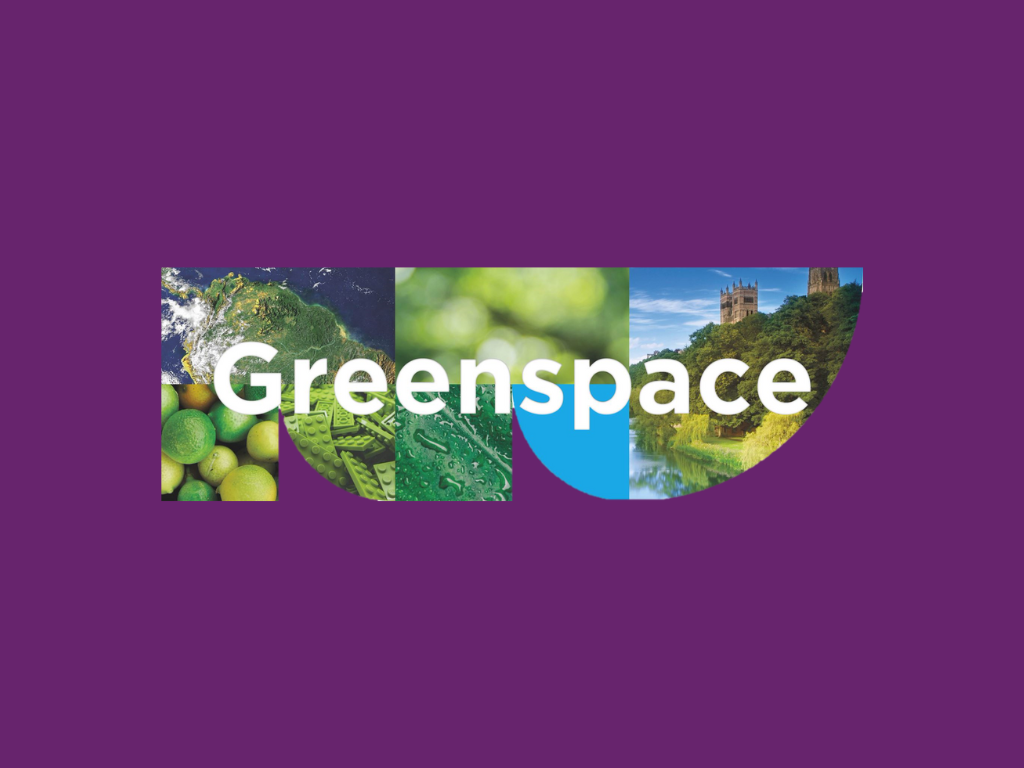Welcome to the Greenspace Movement
The Greenspace Movement brings together Durham University's environmental initiatives and activities. The University’s Energy and Sustainability Team delivers Greenspace, which promotes all of the University’s Environmental Policies, Plans and Procedures.
Environmental Compliance
EcoCampus is the environmental management scheme for higher and further education. The EcoCampus Scheme develops, implements and maintains our environmental management system in line with the international management system standard, ISO14001. We achieved the Platinum Eco Campus Award in 2020.
Get in touch
Couldn't find what you were looking for? Please contact us via email in the link below, we will do our best to answer any of your questions.
The Energy & Sustainability Team
Holly Wing
First Floor
Mountjoy Centre
Durham
DH1 3LE


/prod01/prodbucket01/media/durham-university-business-school/study/dba/Home-Page-Banner-or-Footer.png)

/prod01/prodbucket01/media/durham-university/support-services-/careers-and-employability/62160281_2766962039986476_3127968756907638784_n.jpg)
/prod01/prodbucket01/media/durham-university/central-news-and-events-images/news/3a-Public-Policy-Engagement.png)
/prod01/prodbucket01/media/durham-university/professional-services/energy-and-sustainability-team/Sustainabiliy-timeline.jpg)
/prod01/prodbucket01/media/durham-university/professional-services/energy-and-sustainability-team/23-0141LD-203.jpg)